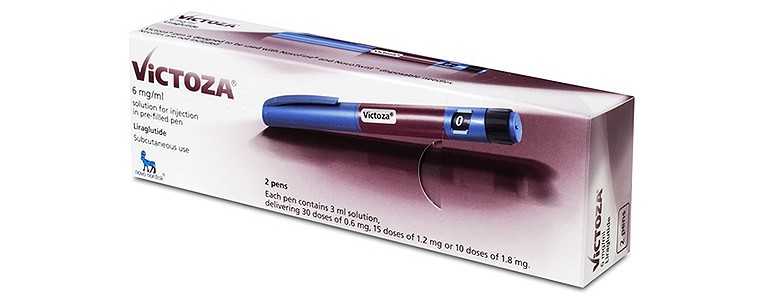Once-weekly glucagon-like peptide-1 receptor agonists (GLP-1RAs) vary in efficacy and safety profiles, according to a new meta-analysis.
The study, conducted by researchers at the University of Leicester, found that dulaglutide (Trulicity) 1.5mg and once-weekly exenatide (Bydureon) let to greater reductions in HbA1c and fasting plasma glucose levels compared to other GLP-1RAs.
GLP-1 receptor agonists are a group of injectable drugs used to treat type 2 diabetes. They include exenatide, lixisenatide, dulaglutide and liraglutide. GLP-1 receptor agonists work to lower blood glucose levels by stimulating the release of insulin, preventing the release of glucagon and slowing the absorption of glucose into the bloodstream.
According to the researchers, theirs is the first direct comparison between once-weekly and once-daily GLP-1RAs.
“Our study included data from recent randomised controlled trials and compared once-weekly GLP-1RAs across a wide range of clinically relevant outcomes,” wrote lead investigator Francesco Zaccardi, MD, of the University of Leicester. “Its aim is to assist decision makers in providing patient-centred care by balancing the potential risks and benefits of individual drugs within the class of once-weekly GLP-1RAs.”
“To our knowledge, our study is the first attempt to summarise available data on once-weekly GLP-1RAs for a wide range of outcomes.”
The researchers analysed results from 34 clinical trials involving more than 20,000 patients. The analysis included exenatide, dulaglutide, albiglutide and taspoglutide. Each drug was compared to a placebo. The results were:
1.4 per cent HbA1c reduction – dulaglutide 1.5mg
1.3 per cent – exenatide
1.2 per cent – dulaglutide 0.75mg
1.1 per cent – taspoglutide 20mg
1 per cent – albiglutide
Each drug was also analysed for reductions in fasting plasma glucose:
2.2 mmol/L – exenatide
2.2mmol/L – dulaglutide 1.5mg
1.9mmol/L – taspoglutide 20m
1.7mmol/L – dulaglutide 0.75mg
1.5mmol/L – albiglutide
Thirdly, the researchers analysed the drugs for weight loss potential:
1.3kg – taspoglutide 20mg
0.8kgkg – exenatide
0.8kg – dulaglutide 1.5mg
Neither albiglutide or dulaglutide 0.75mg was linked with any weight loss.
No difference was recorded among the drugs for hypoglycemic risk or impact on blood pressure, lipid levels or C-reactive protein levels.
“In conclusio, available data suggest differences in cardiometabolic outcomes and safety among once-weekly GLP-1RAs. Further randomised controlled trials with direct comparisons of once-weekly GLP-1RAs can help better clarify their comparative tolerability and efficacy and inform the choice among these newly available glucose-lowering agents,” the researchers wrote.
However, the meta-analysis relied on industry-funded studies, which, according to one expert, do not provide a comprehensive picture. Victor Montori, MD, of the Mayo Clinic in Rochester, Minnesota, argued:
“Companies desig, conduct and report research to enter the market and position their product favourably within the class, not primarily to help clinical decision makers. Often, the available evidence does not provide a useful estimate of differences within the drug class.
“Because of the low reliability of the evidence summarised, claims of differences between agents should be met with scepticism, including rankings that suggest that, within the once-weekly preparations, exenative and dulaglutide are associated with the biggest reduction in [HbA1c] level and weight while being well-tolerated.
“Network inspection shows that the two leading options, once-weekly exenatide and 1.5mg dulaglutide, were compared mostly to daily exenatide and 0.75mg dulaglutide (both products are from the same company,” Montori continued.
“Data outcomes of importance to patients, including quality of life, treatment burden and morbidity and mortality, were sparse or nonexistent.”
The findings are published in the Annals of Internal Medicine.
What's new on the forum? ⭐️
Get our free newsletters
Stay up to date with the latest news, research and breakthroughs.




